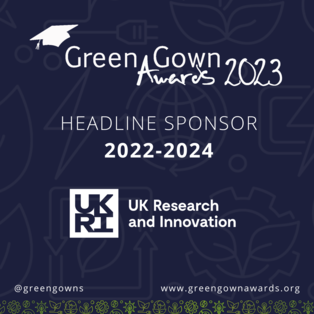Cutting Energy Use with Variable Air Volume (VAV)
14th May 2009 00:00
Cutting Energy Use with Variable Air Volume (VAV) in Labs, Hospitals and Other Heavily Serviced Spaces - New examples and research in the UK and USA
14th May 2009, Centre for Mathematical Sciences University of Cambridge
Rising costs, new regulations and stakeholder pressures are requiring a marked reduction in the energy and environmental footprint of laboratories and other heavily serviced spaces. The Labs21 initiative has found that a major factor in this is inflexible ventilation, which cannot vary in response to requirements. Best practice experience shows that greater variability is possible without compromising - and indeed enhancing – safety. This free event enables lab designers and managers, facilities staff, HVAC experts and vendors, energy managers and others to hear about latest thinking on the topic, and recent implementations.
The University of Cambridge will present on its recent work, including VAV fume cupboard with presence detection, and variable speed fans and related topics. There will also be a tour of new Physics of Medicine facilities, which feature low velocity fume cupboards with two-position control, free-cooling chillers and a green roof (see www.pom.cam.ac.uk).
Gordon Sharp, a member of ASHRAE technical committees and the Labs21 community in the US, former MD of Phoenix Controls, and current chairman of Aircuity, will then discuss: a) recent innovations in demand control ventilation (DCV), especially its linkages to concentrations of chemical vapours and particles, and greater variability of exhaust fan speeds; and b) new research on indoor environmental quality in laboratories using DCV, and its implications for energy and safety. His examples will include lab, in vivo and other facilities in Arizona State, Harvard and Pennsylvania Universities; and St. Francis Care Hospital.
The final session will describe the laboratory credits in the new BREEAM Higher Education scheme (which are likely to be applied in future bespoke assessments for all laboratories).
The event is organised by the S-Lab (Safe, Successful, Sustainable Laboratories) initiative of the Higher Education Environmental Performance Improvement project (
www.heepi.org.uk), in collaboration with the US Labs21 initiative (
www.labs21century.gov).





 Except where otherwise stated, content on this site is
licensed under a Creative Commons Attribution 3.0 License.
Except where otherwise stated, content on this site is
licensed under a Creative Commons Attribution 3.0 License.
